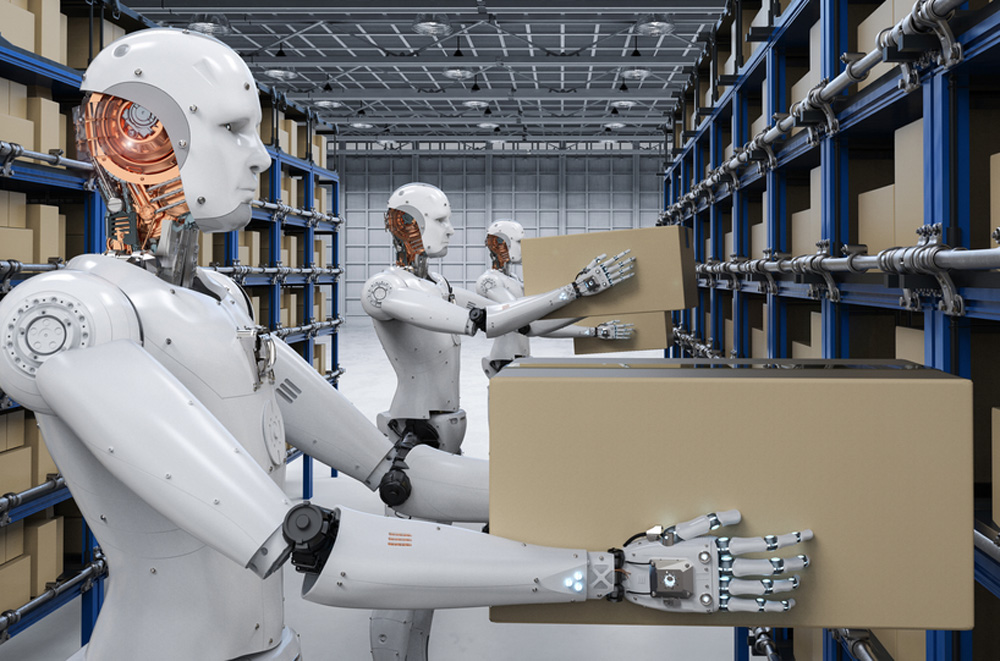Every retailer will understand the importance of carrying the right level of stock, knowing that if they have too many gaps on their shelves that they run the risk of consumers defecting to their rivals, and that if they over-order then they will have huge piles of wasted food. If they are to avoid either of these sub-optimal outcomes, retailers must invest in technology to help them analyse and automate their replenishment processes. This is according to Uwe Weiss, CEO at Blue Yonder, the world leader in artificial intelligence and automation for retail supply chain optimisation.
A report in the Evening Standard in 2016 estimated that the UK’s biggest supermarkets donate or throw away 240,000 tonnes of surplus food every year. This clearly shows that major retailers still have not found a solution to the challenges posed by fresh food replenishment. While consumers may consider themselves lucky when they find a great bargain on the ‘reduced to clear’ shelf, selling stock at a significant mark-down can have a serious impact on a retailer’s bottom line. Conversely, if retailers do not have enough stock, and gaps start to appear on their shelves, customers may get frustrated at not being able to find the products they want and switch to another retailer.
Uwe suggests that technology may play a crucial role in reducing food waste and providing the best customer experience: “It is clear from the amount of food that UK supermarkets are wasting that the current system of fresh produce replenishment is not working. Up until now, most replenishment and forecasting models have been based on fixed rules, which cannot necessarily accommodate unknown influences on consumer behaviour.
“From a sudden heatwave to a major television cookery show featuring a certain recipe, there are thousands of factors that can shape when and why people buy certain products. And with the limited shelf-life in fresh food, this sector can present the biggest opportunity for winning or losing the margin contest. Too much and the reduced to clear section is stacked high once more; too little and potential customers go home empty handed,” he said.
Uwe concluded: “Given these complexities, AI can provide grocery retailers with a more flexible way to manage fresh food replenishment. Sophisticated algorithms are capable of not only processing a much greater volume of data than even the most talented human being, and at much greater speed; they can model many more possible scenarios, to provide retailers with an accurate forecast based on what is happening in real-time. Moreover, AI replenishment solutions will be able to automate decisions, to ensure that the right number of products are dispatched to each and every store, with minimal risk of overstocking. Not only is this a more efficient and effective way to manage fresh food replenishment, but AI solutions are also self-learning, which means they grow stronger over time.”




